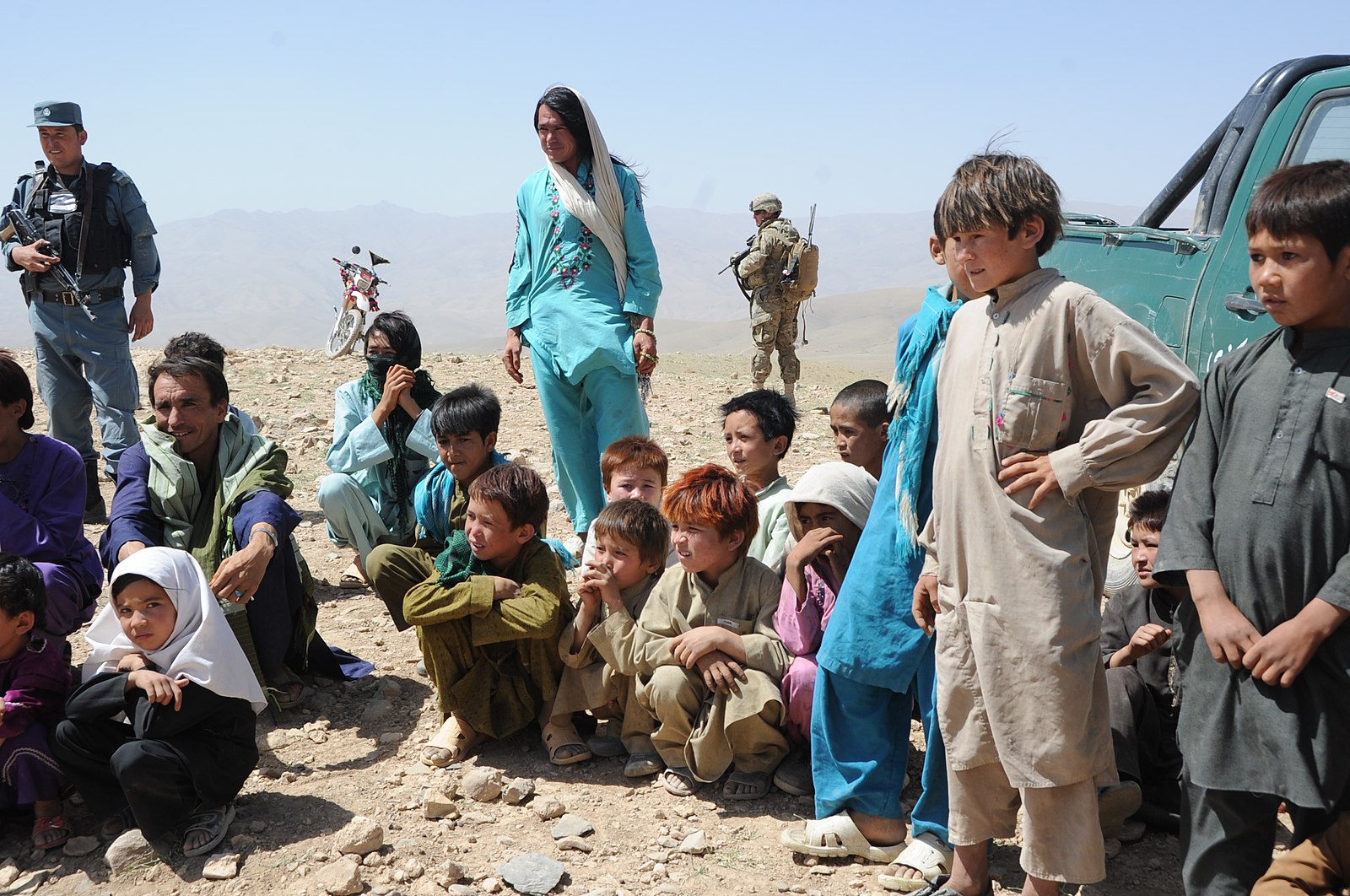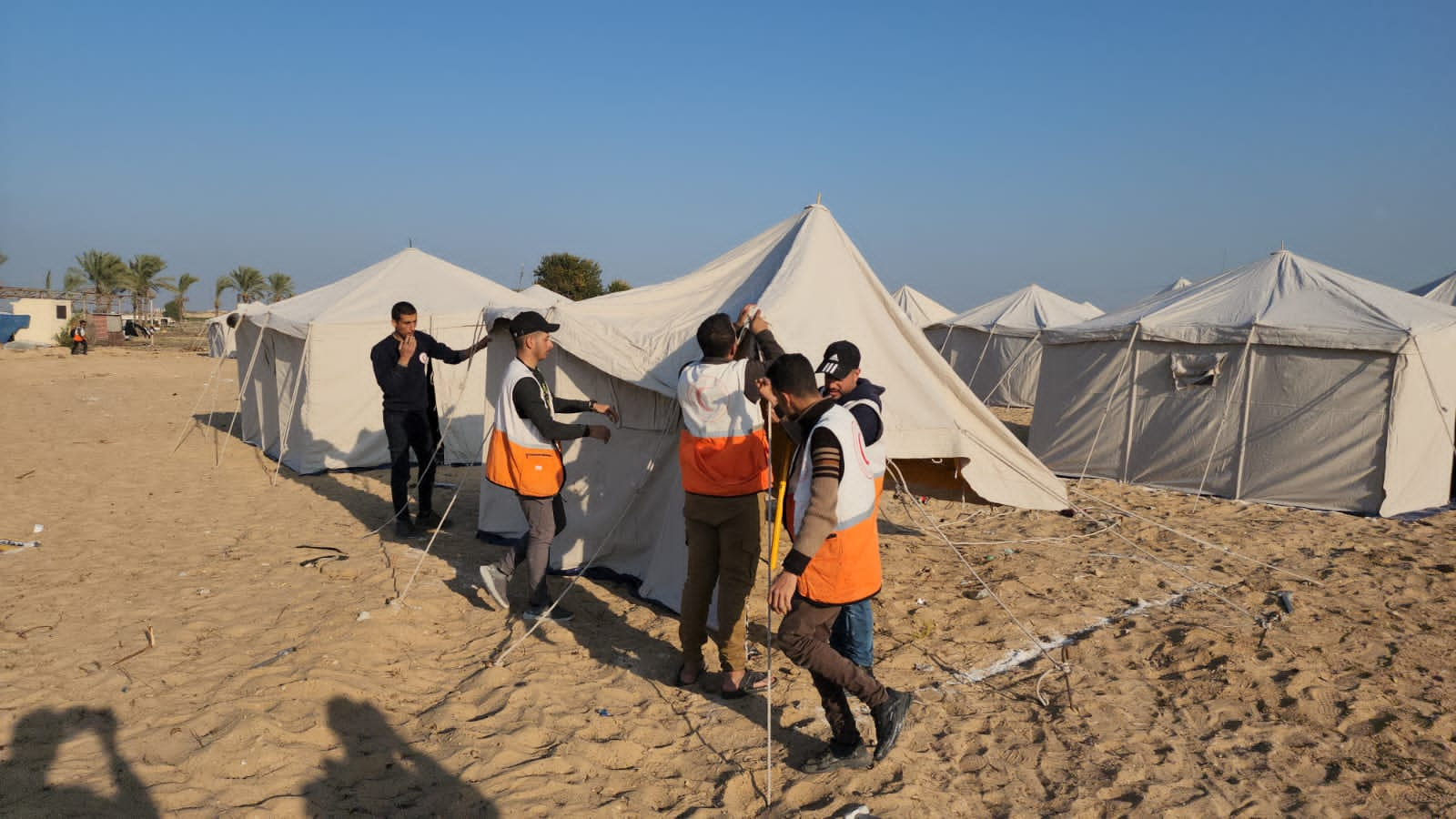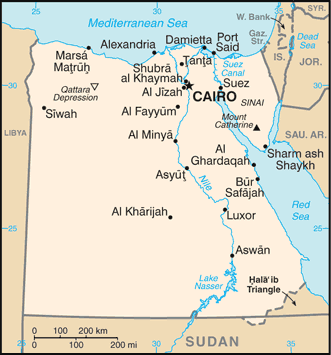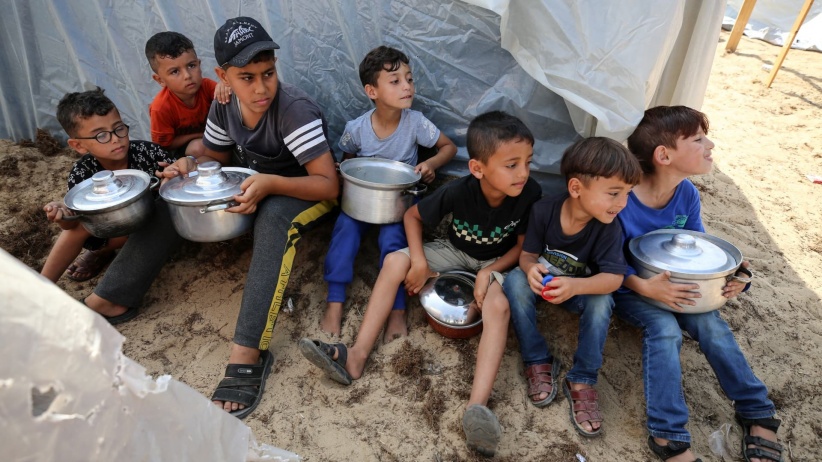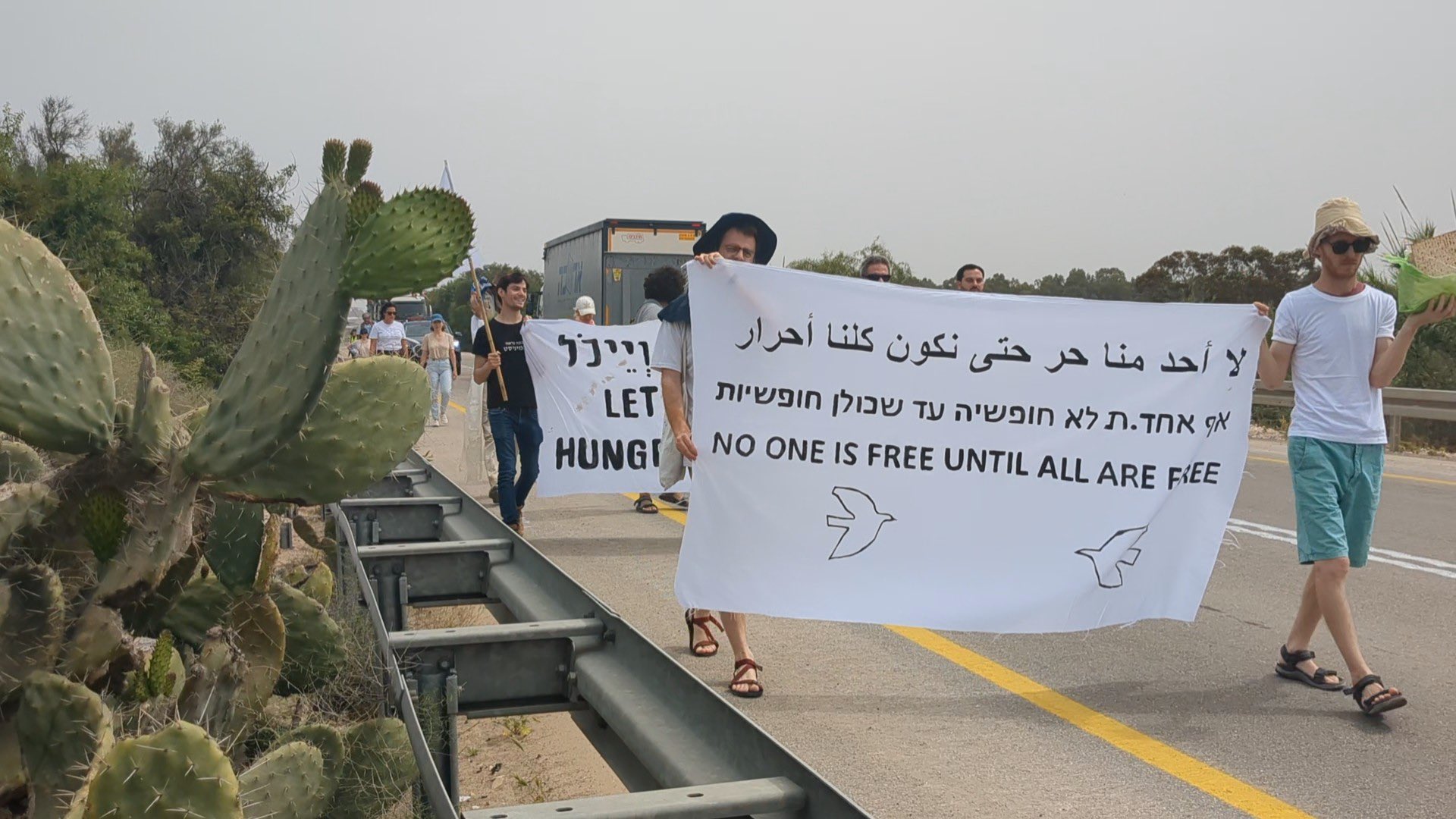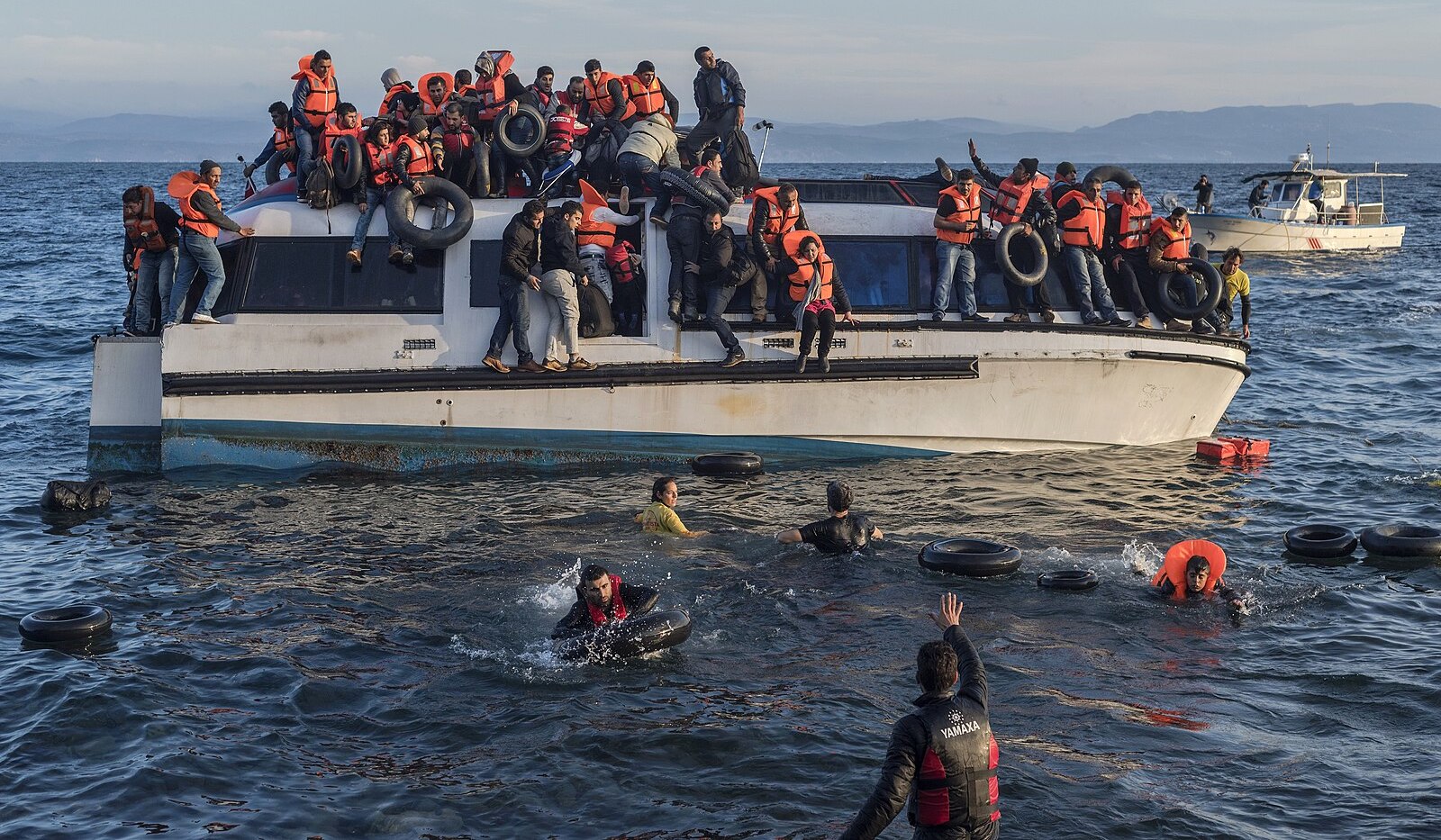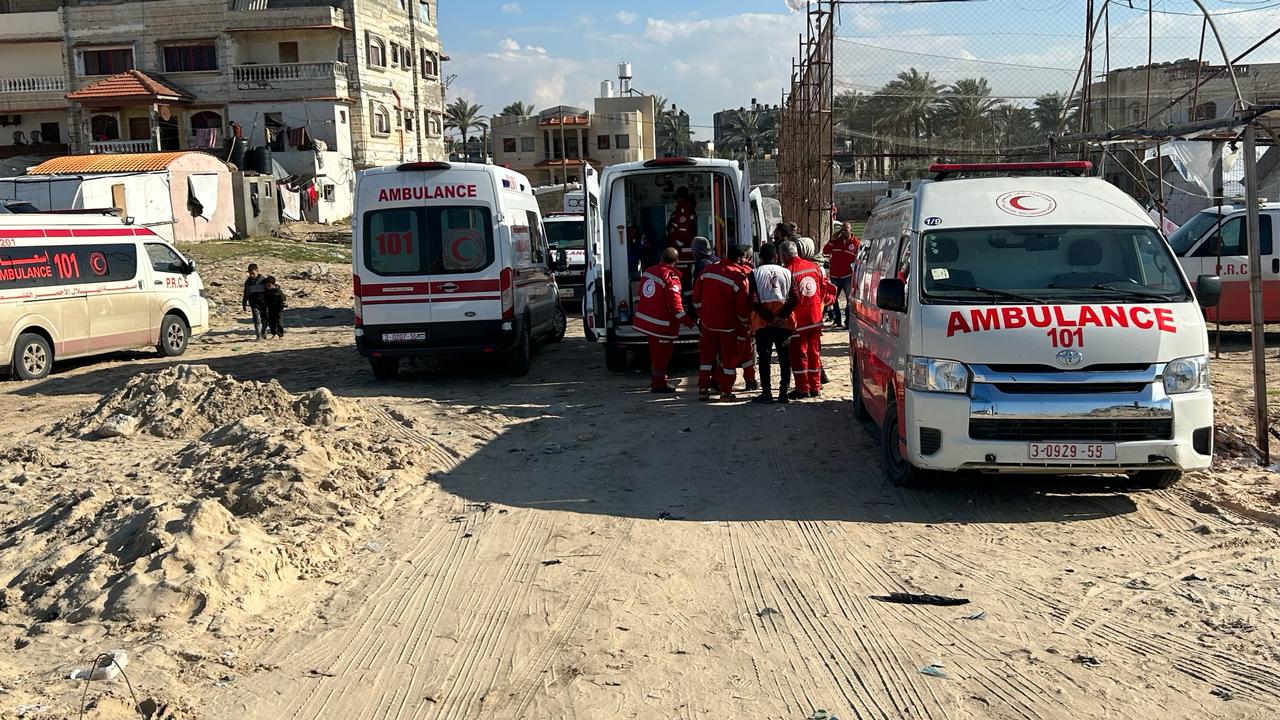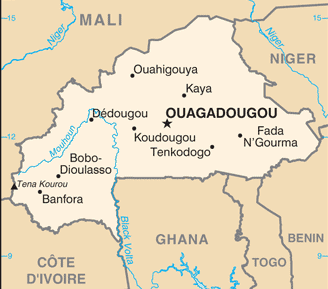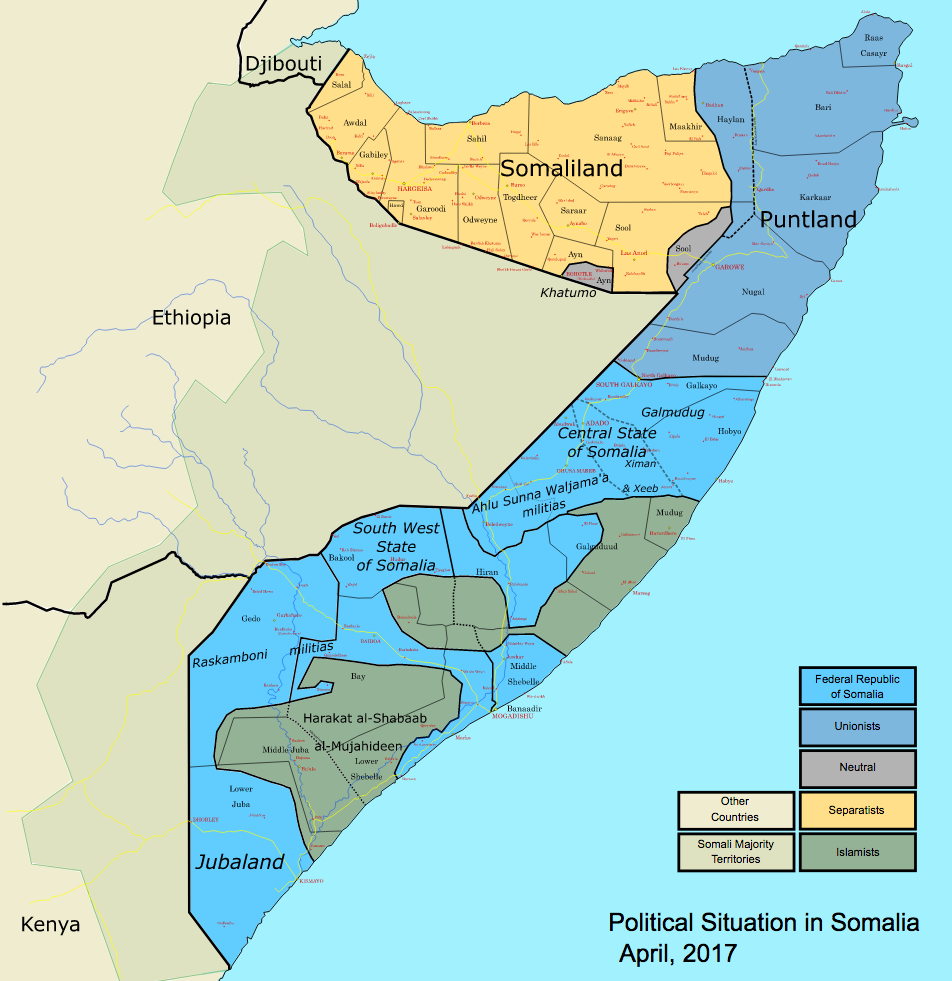
Somalia drone strikes could be war crimes: Amnesty
Two strikes that killed 23 civilians during Somali military operations supported by Turkish drones must be investigated as war crimes, Amnesty International said. Civilians killed in the strikes included 14 children, five women and four men. Another 17 civilians were injured. All were from the marginalized Gorgaarte clan. The strikes hit a farming community in the Lower Shabelle region amid operations against the Shabaab insurgents. “The Somali and Turkish governments must investigate these deadly strikes as a war crime, and put an end to reckless attacks on civilians,” said Amnesty’s regional director for East Africa. (Map via Wikimedia Commons)



